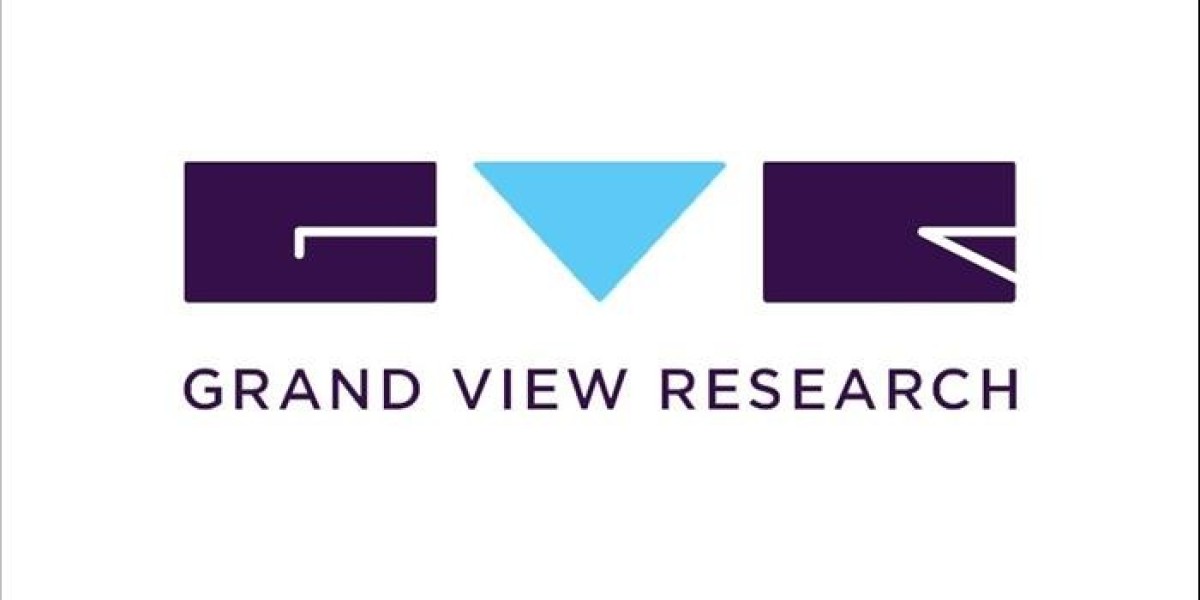The global cell culture industry size is poised to rise with mega-trends witnessed in stem cell therapy and regenerative medicine, according to the "Cell Culture Industry Data Book, 2023 – 2030," published by Grand View Research. Moreover, an infusion of funds into life science, biotechnology and biopharmaceutical research activities has redefined the ecosystem. For instance, developments in cell culture technology have leveraged food developers to use animal cells to produce food. Industry players have explored opportunities in vaccines and antibodies, which is expected to continue in the ensuing period. The trend suggests that 3D cell culture could be highly sought-after in drug development, tissue engineering and biopharmaceutical manufacturing.
Investors and researchers expect 3D cell culture technology to solidify its position as a compelling tool in regenerative medicine, disease modeling and drug discovery. The prevalence of chronic disease and the trend for personalized medicine have prompted incumbents to invest in the technology. Recently, spheroids have gained momentum to foster the development of anticancer therapies.
3D tumor models have become instrumental in pre-clinical research, while the 3D cell culture has gained ground in regenerative medicine. The global 3D cell culture market size was valued at USD 1.74 billion in 2021 and is expected to witness a double-digit CAGR of 10.74% from 2022 to 2030. The applications of microfluidic networks to foster tissue differentiation will augur innovation, prompting leading players to unlock growth opportunities.
Order your copy of the Free Sample of "Cell Culture Industry Data Book - Cell Culture, Cell Culture Media, 3D Cell Culture, Primary Cell Culture Market Size, Share, Trends Analysis, And Segment Forecasts, 2023 - 2030" Data Book, published by Grand View Research
Stakeholders have upped investments in cell culture media (CCM) against the backdrop of the infusion of funds into vaccines and monoclonal antibodies. The FDA approval of cell-based vaccines has boded well for leading players gearing up to bolster their footprint. For instance, in October 2021, Seqirus received FDA approval for its cell-based quadrivalent influenza vaccine. Cell-based influenza vaccine technology is sought for notable production speed and scalability during an influenza pandemic. The global cell culture media market size garnered USD 3.62 billion in 2021 and could depict a CAGR of 12.13% through 2030. The robust outlook is attributed to the rising penetration of stem cell therapy in regeneration and tissue repair.
With stem cells becoming instrumental in medicine and therapies, forward-looking companies are expected to bank on following trends and opportunities shaping the dynamics:
- A spike in oncology-based research and the expanding applications of gene therapy have spurred the demand for cell culture.
- Enzymatic disaggregation will be increasingly sought in primary cell culture for cell disaggregation for increased representation samples.
- The Asia Pacific market will provide promising growth potential on the back of research activities in regenerative medicines and oncology.
Forward-looking companies envisage the U.S. and Canada to offer revenue-boosting opportunities, largely due to the infusion of funds into vaccine developments and investments in the pharmaceutical industry and animal cell culture technology. In November 2022, the U.S. FDA reported the completion of the first pre-market consultation for cultured animal cells-made human food. Predominantly, the U.S. CDC suggests that the only egg-free flu vaccines licensed for use in the U.S. are cell culture-based flu vaccine and recombinant flu vaccine.
The competitive scenario alludes to an increased emphasis on R&D activities, technological advancements, collaborations, mergers & acquisitions, geographical expansion, innovations and product launches. To illustrate, in September 2022, Thermo Fisher announced the addition of over 45,000 square feet to its dry powder media manufacturing in New York. The capacity expansion (part of a USD 650 million multi-year investment) is expected to boost the total bioprocess manufacturing capacity two-fold by 2023.
Key players are cashing in modernizing drug discovery with the adoption of AI in their pipeline. In February 2022, Merck KGaA joined forces with Quris to use the latter's BioAI safety prediction platform. The platform can help anticipate the drug candidates that can work safely for humans with the integration of miniaturized human tissues on a chip, machine learning and nano-sensing.
Check out more Industry Data Books, published by Grand View Research
About Grand View Research
Grand View Research, U.S.-based market research and consulting company, provides syndicated as well as customized research reports and consulting services. Registered in California and headquartered in San Francisco, the company comprises over 425 analysts and consultants, adding more than 1200 market research reports to its vast database each year. These reports offer in-depth analysis on 46 industries across 25 major countries worldwide. With the help of an interactive market intelligence platform, Grand View Research Helps Fortune 500 companies and renowned academic institutes understand the global and regional business environment and gauge the opportunities that lie ahead.
Contact:
Sherry James
Corporate Sales Specialist, USA
Grand View Research, Inc.
Phone: 1-415-349-0058
Toll Free: 1-888-202-9519
Email: sales@grandviewresearch.com
Web: https://www.grandviewresearch.com/sector-reports-list
Follow Us: LinkedIn | Twitter








